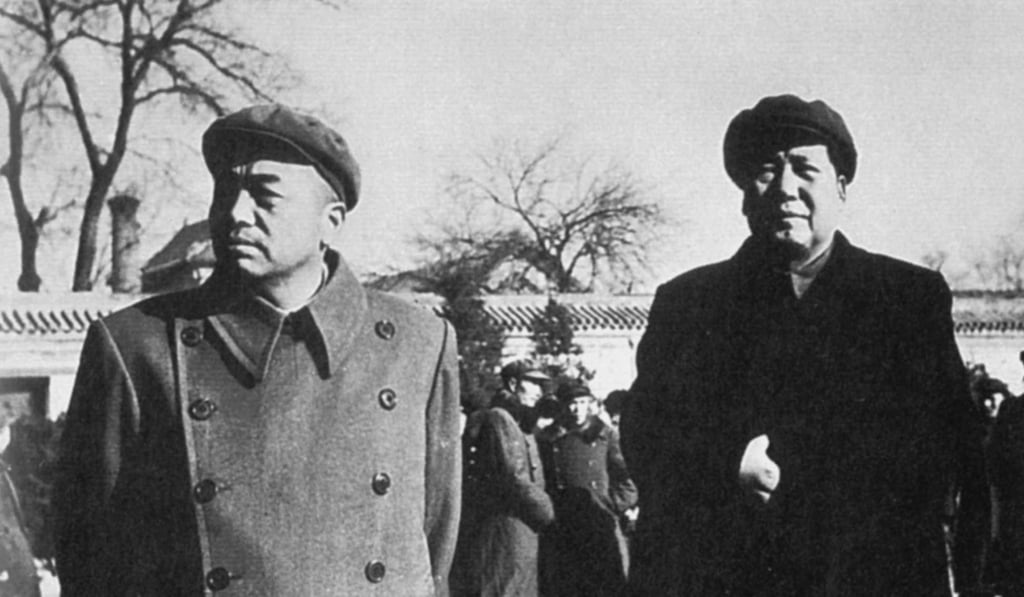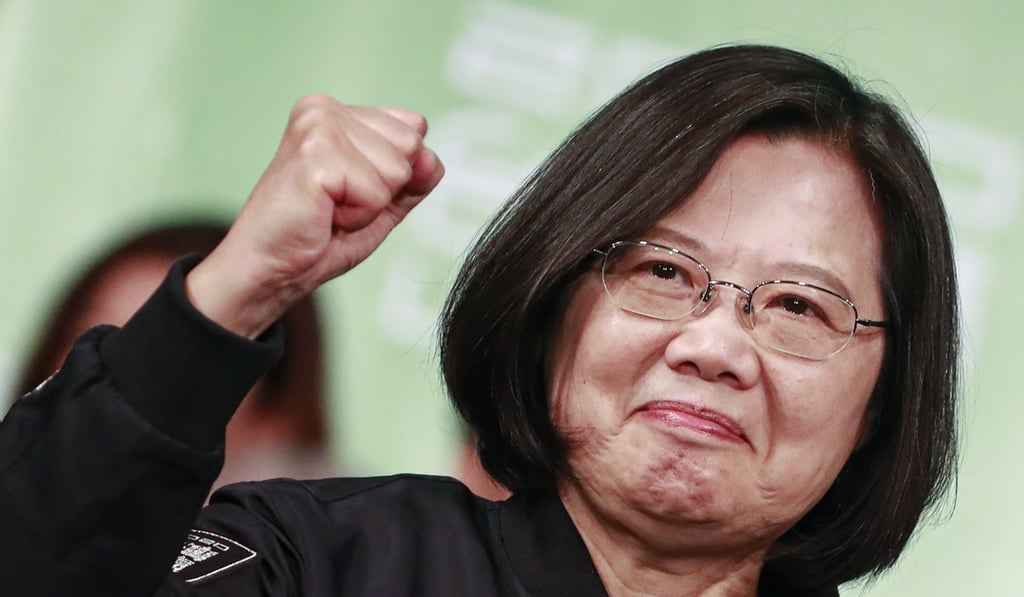Advertisement
Asian Angle | Beijing should tell Taiwan and Hong Kong what it has to gain from them
- Beijing’s own goal over Taiwan’s presidential elections should give it a sense of déjà vu
- It has never made a clear case as to how it would integrate a lively liberal democracy into its polity
Reading Time:5 minutes
Why you can trust SCMP
0

The US president is not that keen on the government of Taiwan. In fact, he is about to cut the island loose and leave it to the Chinese Communist Party to do what they will with it. Beijing looks certain to be the deciding power on the island. Then, it scores an own goal, making a move that alienates much of the rest of the world and, perversely, saves Taiwan’s autonomous government.
Not the story of the past year, culminating in Tsai Ing-wen’s decisive victory over Han Kuo-yu in last week’s Taiwan presidential elections. This story happened seven decades ago, in 1950. Chiang Kai-shek’s Nationalist (Kuomintang) party had fled to Taiwan at the end of the Chinese Civil War. The administration of US president Harry S Truman, and in particular, Secretary of State Dean Acheson, couldn’t stand the Nationalists, who they thought lazy, corrupt and “about the rottenest government that ever existed.”
Mao had declared the establishment of the People’s Republic in October 1949. The Americans assumed that Taiwan would soon fall to the new government in Beijing, and the sooner the better. That would open the way for Washington to seek recognition from Mao’s government.

Then, on June 25, 1950, Mao’s government made the decision to join the North Koreans in their invasion of the South, aided by Stalin’s Soviet Union. Suddenly, Chiang’s Taiwan was no longer an embarrassing relic of a civil war that the United States wanted to leave behind. Instead, for the West, the island became a bastion of Cold War freedom against the Communist menace. Unable to abandon Taiwan, Truman made it a mainstay of his Korean war strategy instead. Mao had always been ambivalent about whether to help the North Koreans, and was pressured into it by Stalin. If he had not gone ahead, then diplomatic relations between Washington and Beijing might have been completed in the 1950s rather than the 1970s. It was Beijing’s decision to act as a bold, daring new kid on the geopolitical block that led it to join in the Korean adventure. But that move – in the end, entirely Mao’s choice – also prevented the reunification with Taiwan that could have been his, and with American acquiescence, in early 1950.
Seventy years on, Beijing’s policy of self-inflicted harm on reunification seems alive and well. Last Sunday, Taiwan’s president Tsai Ing-wen was re-elected by a crushing margin. Beijing’s rhetoric in response was hardly gracious, calling Tsai a “cheat” who used “dirty tactics”, and reiterating its long-standing position that there is no alternative for the island but eventual reunification.

Advertisement
